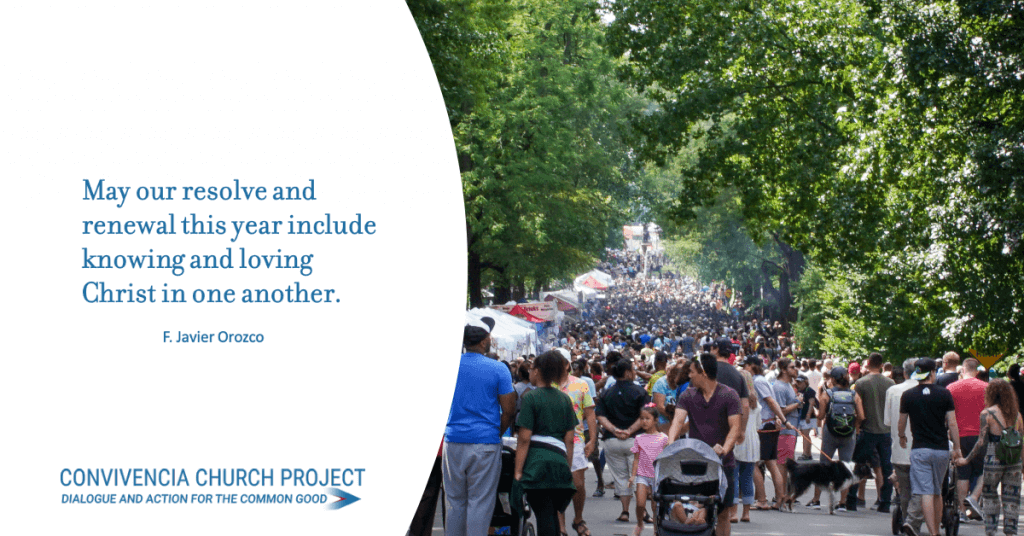
The beginning of a new year brings a moment of reflection and an examination of conscience and plans, most notably New Year’s resolutions. We typically review the passing year with adulation, a sense of relief and then jump into intentional planning. Wanting to be realistic, we identify meaningful goals and priorities for a new start in life — these new priorities may change between physical goals and spiritual aspirations.
Truth be told, this yearly cultural ritual serves a purpose: At a minimum, it provides a clear time and place for deeper reflection — even if many of our good intentions are not always reached. Socially, it brings opportunities to engage and share plans with one another in meaningful ways.
Through this ritual planning, we are also able to find common ground and mutual support, especially in seeking greater accountability for our goals. Ideally, our close friends, colleagues and family members are those whom we approach for moral support, coaching and some good cheering along the path.
Spiritually, the New Year also brings some ordinary rhythm to our ecclesial faith life. The festive and cheerful mood of the Christmas and Epiphany season gives way to a seven-week stretch of Ordinary Time, leading to the season of Lent. Most striking of this Ordinary Time of renewal in Christ is the clarity of mission and purpose given to us in the opening Scriptures of the season: “Thus says the Lord: Share your bread with the hungry, shelter the oppressed and the homeless; clothe the naked when you see the, and do not turn your back on your own. Then your light shall break forth like the dawn, and your wound shall be healed” (Isaiah 58:7-10).
Far from ordinary, these exhortations truly are extraordinary — to share our bread with the hungry, to provide shelter to the oppressed and homeless, to clothe the naked, and not turn our backs on our loved ones. They have much to offer anyone seeking to identify spiritual goals and priorities. Each one of these exhortations offers real opportunities for deeper spiritual renewal. Each one, offering us opportunities to live up to our Christian identity: “You are the salt of the earth. But if the salt loses its taste, with what can it be seasoned? It is no longer good for anything but to be thrown out and trampled underfoot” (Matthew 5:13-16).
In a world that can often appear divided, indifferent and cruel to the plight of others, having spiritual plans that seek the exaltation of the common good and human dignity is worth pursuing for the believer, and to those around us. As with our other New Year’s resolutions and plans, we can embrace this renewal in Christ by sharing it with others. We can confide our spiritual intentions with those close to us, trusting that they will hold us accountable to them and cheer us along the way.
F. Javier Orozco
First published January 19, 2023 in the St. Louis Review
